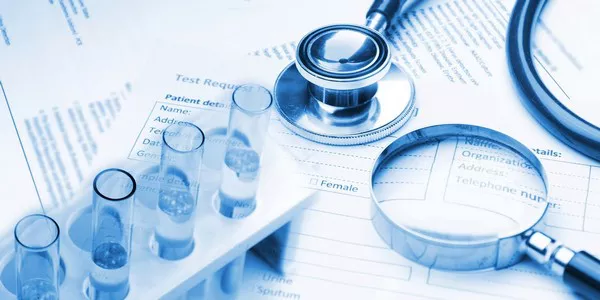High Niacin Levels May Increase Heart Disease Risk
Niacin, a B vitamin commonly added to fortified foods, might raise the risk of heart disease, according to recent research. While niacin has been used to treat high cholesterol, a new study suggests it may do more harm than good when taken in high amounts.
The study, published in Nature Medicine, examined the blood samples of 1,162 individuals to find common factors related to heart disease. Researchers discovered that a substance called 4PY, produced when there is excess niacin in the body, was strongly linked to heart attacks, strokes, and other cardiovascular issues.
4PY is known to trigger inflammation in blood vessels, leading to a condition called atherosclerosis, where fat and cholesterol build up on artery walls, narrowing the blood vessels. This can block blood flow, increasing the risk of severe heart problems.
One-fourth of the participants had high levels of 4PY in their blood, signaling a potential risk factor. However, the exact amount of niacin that can harm the body is still unclear, and further research is needed.
Niacin, also known as vitamin B3, is vital for energy production and other bodily functions. It is found in foods like chicken, turkey, salmon, and sunflower seeds, and is often added to cereals and breads to prevent nutritional deficiencies. The recommended daily intake is around 14 to 16 milligrams for adults, which is typically achievable through a balanced diet.
Prescription niacin, like Niaspan, has been used to manage cholesterol, but this new study raises questions about its effectiveness and safety. While niacin can improve cholesterol levels, experts now believe there are better options for lowering heart disease risk.
The study challenges the widespread use of high-dose niacin to lower cholesterol. Researchers argue that niacin might not reduce heart disease risk and could even increase overall mortality, highlighting a “niacin paradox.”
Experts recommend caution for individuals using high-dose niacin supplements, particularly for cholesterol management. While niacin is still essential for health, it’s best to get it from food rather than supplements unless prescribed by a doctor.
If you are taking niacin for cholesterol control, it’s advisable to consult with a healthcare provider. Doctors suggest focusing on a balanced diet rich in fruits, vegetables, and healthy fats, while avoiding excessive carbohydrate intake.
Read more:
- Can Low Dose Birth Control Pills Help With Perimenopause?
- Essential Weight Loss Tips For Men Over 60: Diet And Exercise Plans
- 8 Blood Clot Warning Signs You Should Never Ignore, According To Doctors


